Picture this: You walk into your home and there’s a muscular, loyal companion eagerly waiting with tail wagging so hard it’s practically a blur. That’s the reality of sharing your life with a pit bull. These incredible dogs carry an undeserved reputation, but behind those powerful frames lie some of the most affectionate, intelligent, and devoted companions you’ll ever meet. However, being a responsible pit bull parent means understanding their unique needs and characteristics. Let me share the eight crucial factors that’ll help you and your four-legged best friend live your absolute best life together.
Understanding Their Exercise Demands
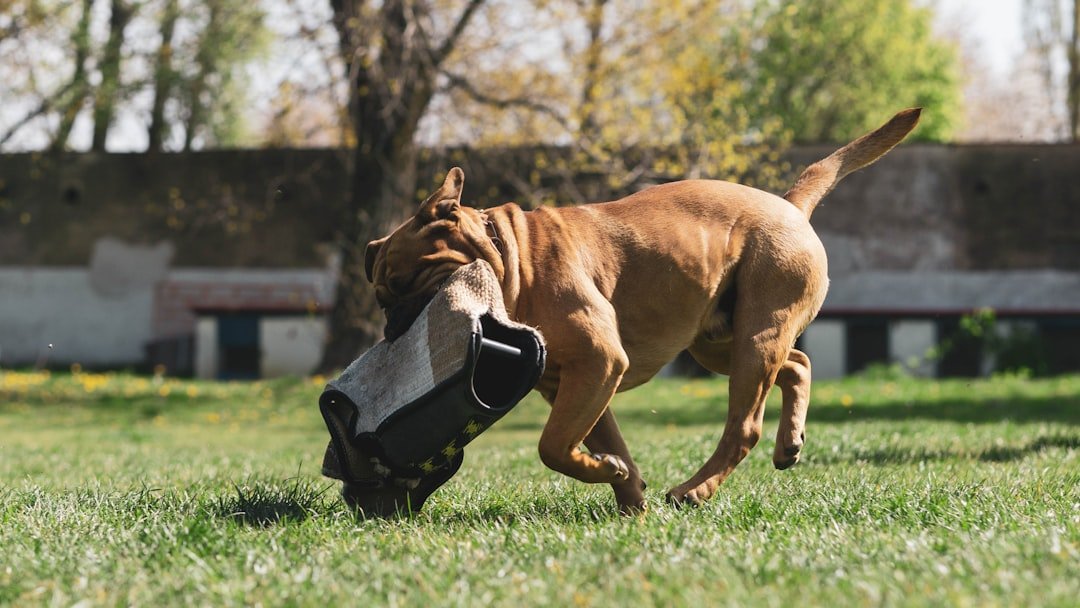
Most adult pit bulls need around one to two hours of exercise daily to keep them healthy and happy, with some requiring at least sixty to ninety minutes per day. Think of your pit bull as an athlete who’s been forced into retirement – without proper physical outlets, they’ll find their own ways to burn energy, and trust me, you won’t like their creativity.
These high-energy dogs were originally bred for bull baiting, hunting, and dog fighting, but many are very intelligent and love to use their energy for canine sports like flyball, agility, and obedience. They need intensity exercises to strengthen their muscles, including activities like fetch, frisbee toss, flyball, tug, and weight-pulling. Without adequate exercise, even the sweetest pit bull can become a four-legged tornado in your living room.
Mastering Proper Nutrition and Diet

Pit bulls require a balanced and nutritious diet to maintain their health and energy levels, and with the right diet, they can maintain optimal energy levels, healthy joints and skin, and strong muscles well into their twilight years. Their muscular build isn’t just for show – it requires specific nutritional support.
Some studies show that pit bulls do better on a more protein-rich diet, with protein content of around twenty-two to thirty-two percent making the best food for the breed. These dogs are prone to obesity, which can lead to health problems like joint issues and diabetes, making a balanced diet combined with regular exercise essential. Think quality over quantity – your pit bull’s body is like a high-performance machine that deserves premium fuel.
Prioritizing Early Socialization
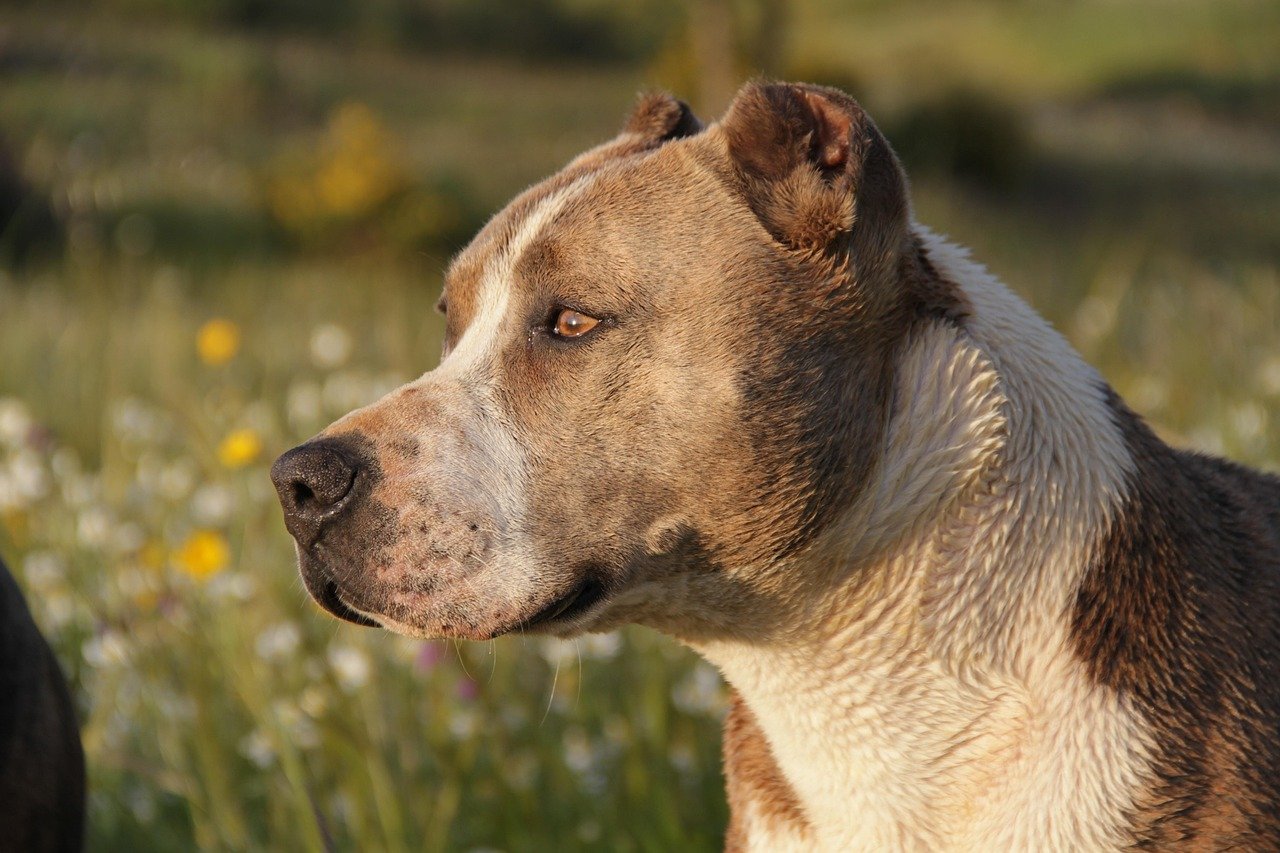
The critical socialization period for dogs spans from approximately 3 to 14 weeks of age, during which puppies must experience diverse social interactions and new situations to become tolerant, calm, and outgoing adults. With pit bulls, this window is absolutely crucial for their future success.
Pit bull socialization is crucial as it helps them become comfortable and well-adjusted around people and other animals, and experts recommend exposing your pit bull to a variety of experiences, environments, and people from the time of adoption. It’s important to socialize your dog from a young age by getting them used to being around both other dogs and other people, always in a monitored and safe environment. Remember, a well-socialized pit bull is a confident ambassador for the breed.
Recognizing Common Health Issues

Unfortunately, pit bulls are naturally prone to several skin disorders ranging from itchy allergies to tumors and even skin cancer, requiring regular grooming and ear cleaning to prevent skin allergies. Thyroid disease, specifically hypothyroidism, is another common problem where pit bulls will gain excessive weight and develop skin problems when thyroid glands aren’t producing adequate thyroid hormones.
Hip dysplasia is a genetic disease that occurs when the hip joints function incorrectly, resulting in arthritis and can cause difficulty standing up or lameness in the hind legs. Allergies are a common health concern that can cause skin irritation, itching, and hair loss, triggered by factors including food, flea bites, and environmental allergens such as pollen or dust mites. Being proactive with health monitoring can mean the difference between minor treatments and major interventions.
Implementing Consistent Training Methods

Pit bulls are generally friendly, loyal, and eager to please, which makes them responsive to positive reinforcement training methods, but if training gets stale or isn’t challenging enough for this intelligent breed, you may start to see their independent side. Because pit bulls are loyal and have a high desire to please, training methods work exceptionally well for them when focused on building a positive, long-lasting relationship using balanced, proven training techniques.
Early training and consistent reinforcement are key to helping your pit bull be a well-behaved and confident companion, with consistency in training helping your dog understand what is expected of their behavior. Pit bulls thrive on consistency, so ensure everyone in the household uses the same commands and rewards for good behavior. Think of training as learning a new language together – consistency is your translator.
Understanding Their Mental Stimulation Needs
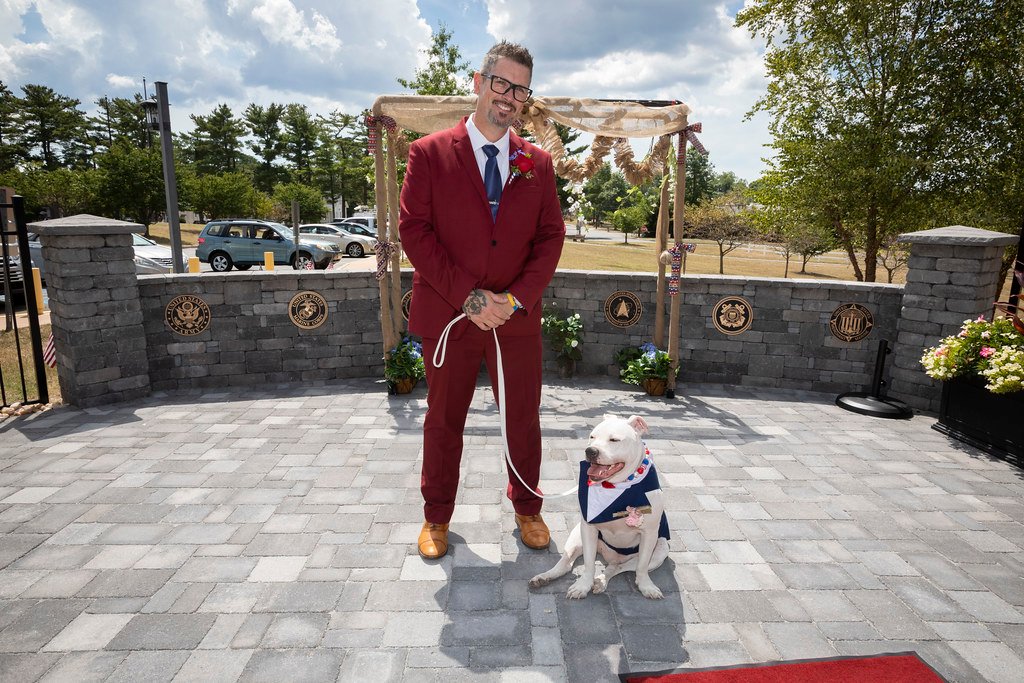
Pit bulls are intelligent and energetic dogs that require both mental and physical stimulation to thrive, needing engagement in activities such as puzzle toys, obedience training, and interactive play. With their high energy and intelligence, pet parents should be prepared to put extra effort into keeping their pit bull entertained, well-exercised, and mentally stimulated.
Pit bulls are highly intelligent and emotionally sensitive dogs who need stimulation to stay happy, and without enough stimulation, their natural energy can turn into unwanted behaviors like chewing, digging, or hyperactivity, while exercise provides a positive outlet for their energy and keeps their mind engaged. A bored pit bull is like a brilliant child stuck in detention – they’ll find ways to entertain themselves that you probably won’t appreciate.
Creating a Safe and Structured Environment
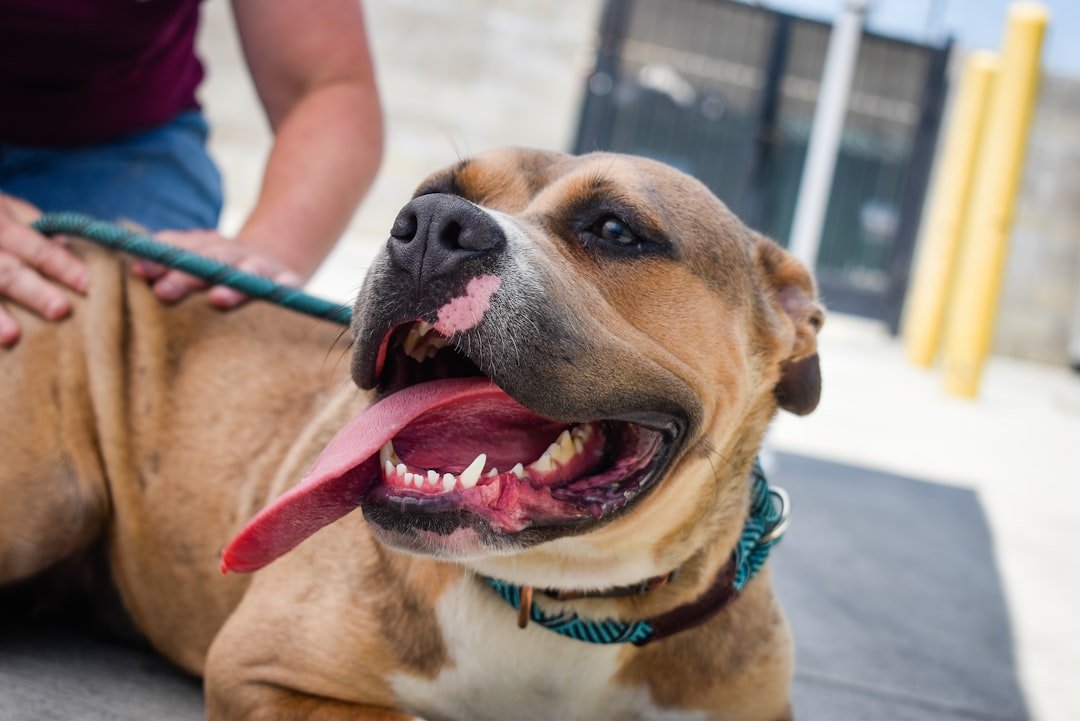
As curious and adventurous dogs, pit bulls can sometimes get into trouble and may be inclined to explore their surroundings and can wander away from home if not properly supervised, so always keep your pup on a leash or inside a fenced-in yard. Structure isn’t about restriction – it’s about creating clear boundaries that help your dog feel secure.
This breed does best with a routine, established rules, and boundaries. Being consistent with your terminology and routine is important because your dog will become confused if you let them steal your socks sometimes but not others. Think of structure as the framework that allows your pit bull’s wonderful personality to shine safely.
Building Strong Community Relationships
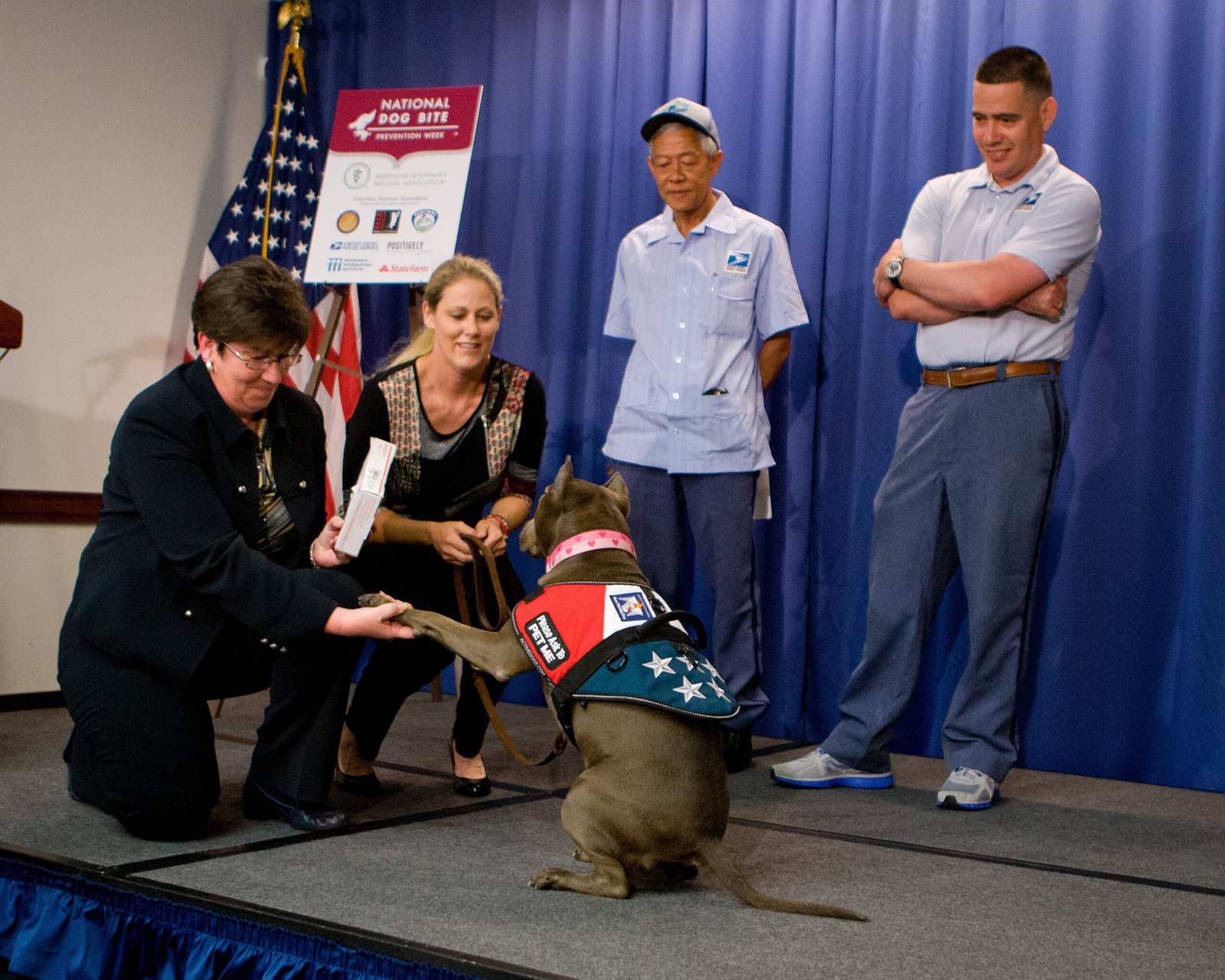
Being a pit bull owner means the general public may have some animosities toward this particular breed, and you must realize that if there is any incident involving your dog, whether he starts it or not, he will more than likely get blamed. This reality means you carry the responsibility of being an exceptional breed ambassador.
Proper training not only helps ensure your pit bull will have a high quality of life but also helps remove the toxic stigma surrounding this wonderful breed. Every positive interaction your well-trained, well-socialized pit bull has with neighbors, strangers, and other dogs helps change hearts and minds. You’re not just raising a dog – you’re helping reshape public perception one tail wag at a time.
Conclusion
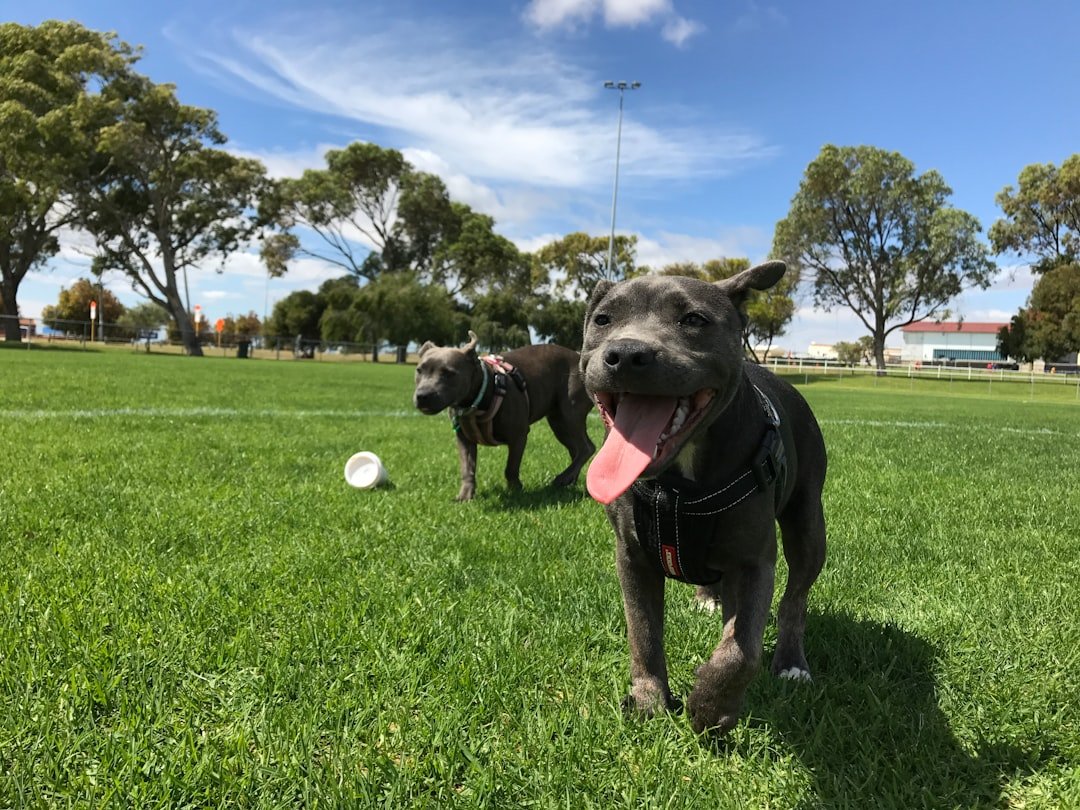
Owning a pit bull isn’t just about having a pet – it’s about welcoming a devoted family member who’ll love you with every fiber of their being. These eight factors aren’t just guidelines; they’re the building blocks for a relationship that’ll bring you years of joy, laughter, and unconditional love. With patience, dedication, and lots of fun along the way, your pit bull will become a beloved and cherished companion for years to come.
Remember, behind that muscular exterior is a heart that beats entirely for you. When you invest in proper exercise, nutrition, training, and socialization, you’re not just caring for a dog – you’re nurturing a bond that will enrich both your lives immeasurably. So, are you ready to discover just how amazing life with a pit bull can be?






